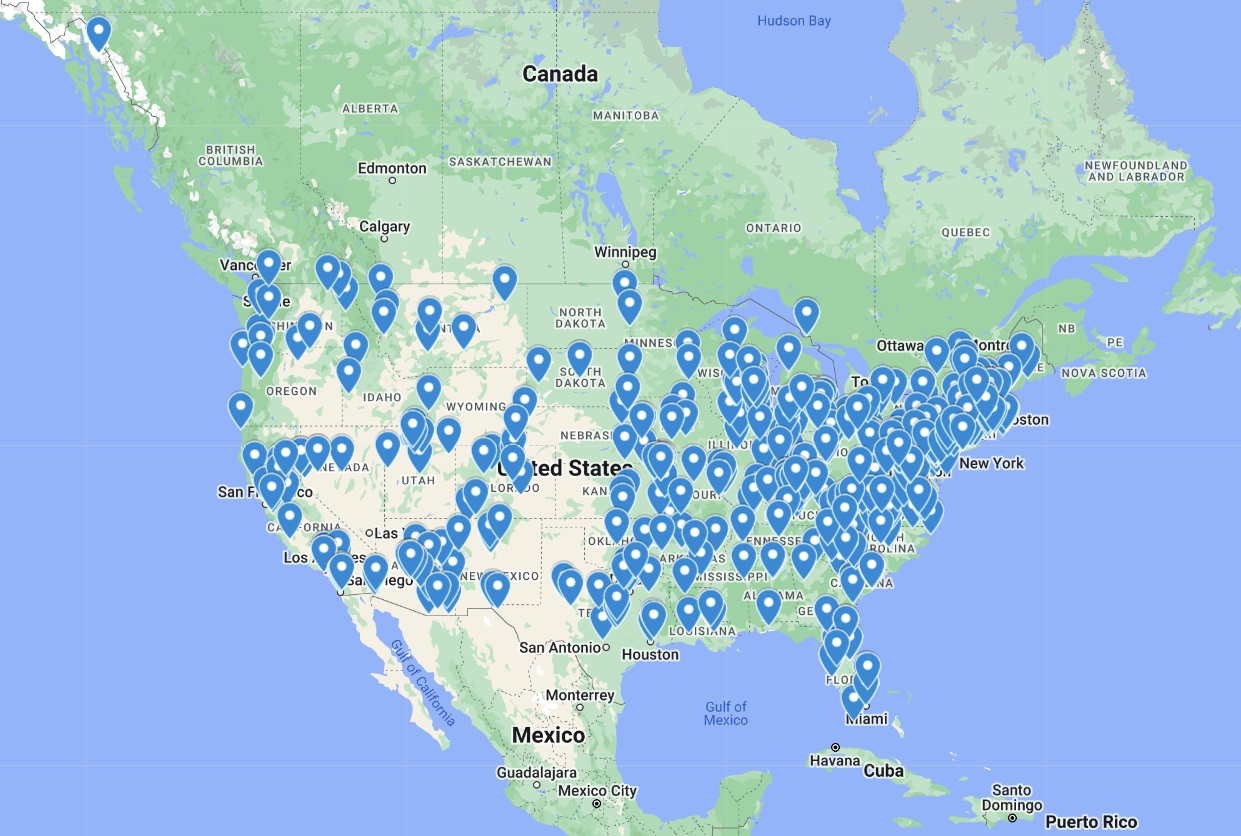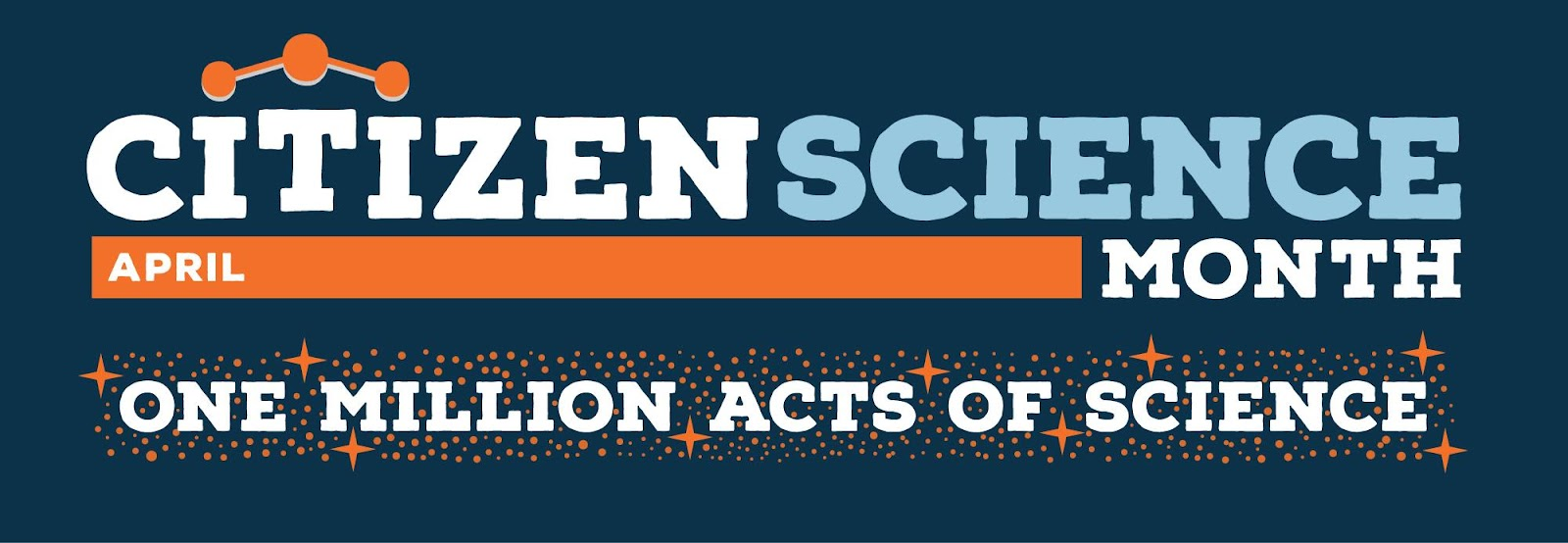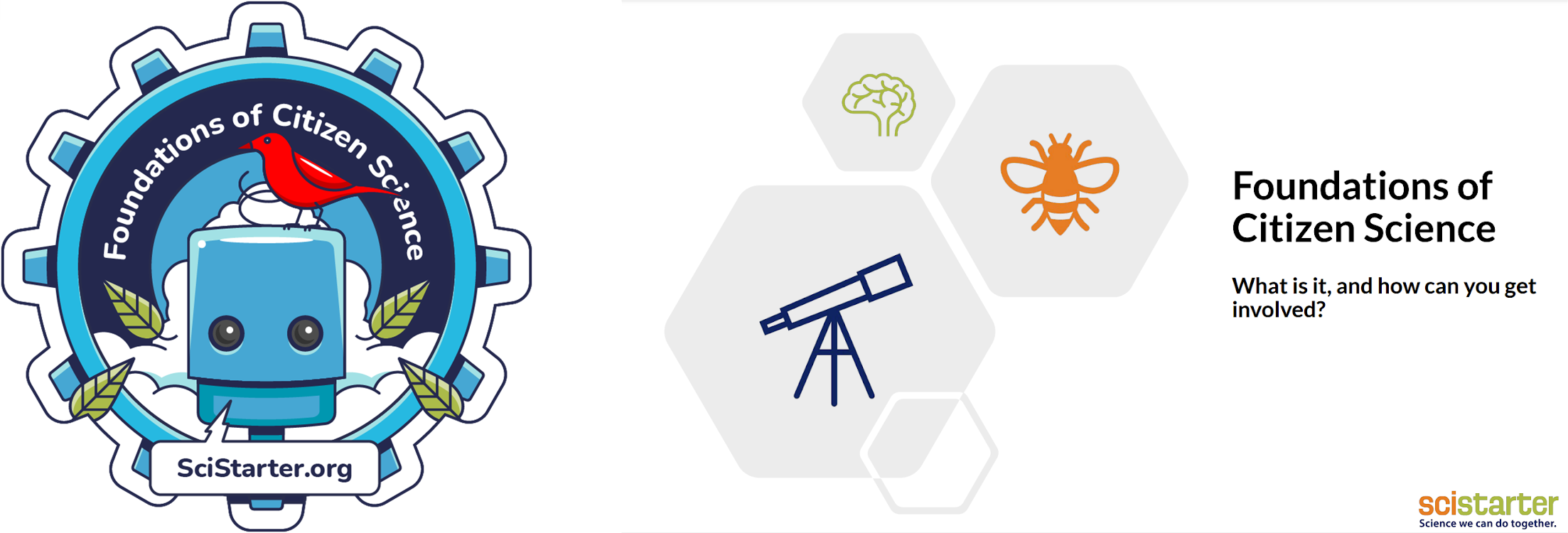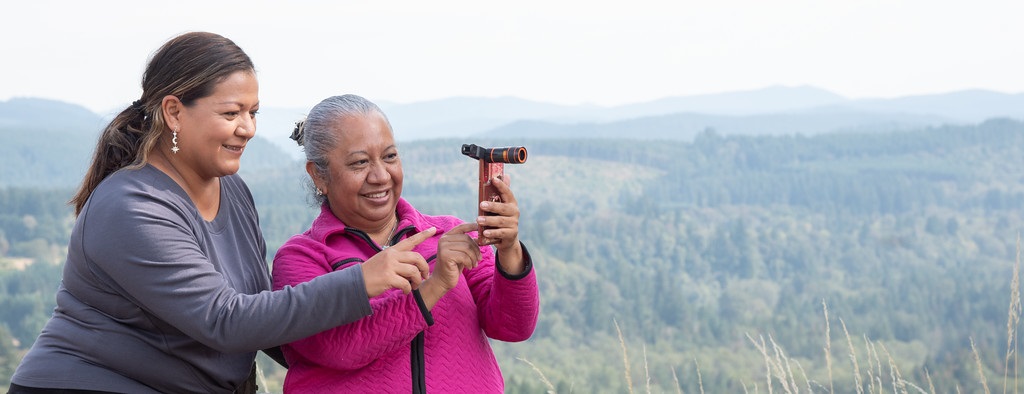Since 2017, SciStarter and Arizona State University and their collaborators including the National Girls Collaborative Project, STAR Net, and Network of the National Libraries of Medicine (NNLM), the Institute for Museum and Library Services, and the Gordon and Betty Moore Foundation, have been supporting SciStarter’s growing network of libraries and library users to engage in local and global scientific research through citizen and community science. The Citizen and Community Science Library Network has grown to more than 700 libraries across the US and in libraries across Europe, Africa, Asia, and South America. Check out the locations here.
Citizen and Community Science Library Network

This April, libraries and their diverse communities are making a collective impact of One Million Acts of Science by hosting, promoting, and participating in events and projects engaging the public in research ranging from the total solar eclipse to Alzheimer’s to nature and the All of Us program.
Libraries, museums, schools, nature centers, community-based organizations, media partners, corporate volunteer programs, and more are joining forces this April to inspire and support public participation in One Million Acts of Science!
There’s still time for your library to get involved!

What counts as an Act of Science?
Host an online or in-person event to promote citizen science, encourage your library users to join a project to play games that accelerate medical research, share observations of animal behavior during the eclipse, analyze online images to help make discoveries, share pictures of nature to help scientists spot biodiversity trends…and much more! These all count as Acts of Science! Attendance at your event counts as an Act, too!
Register your library to be part of One Million Acts of Science and access free resources to prepare, participate, and report activities (# of Acts), and receive a digital certificate and recognition on the Citizen Science Month website. Sign your library up for the One Million Acts of Science Campaign: Register Here.
How are libraries engaging in One Million Acts of Science this April?
Introducing Citizen Science to library communities – Libraries are using free, customizable slides and talking points to facilitate introductions to citizen science.

Adding Citizen Science to Solar Eclipse programs on April 8th – Libraries are providing training, eclipse glasses, tools, printed data forms and meeting spaces so volunteers can experience the eclipse while helping scientists learn what happens during a total solar eclipse. Here’s a set of fliers and resources featuring eclipse citizen science projects.
Organizing events to play games to accelerate Alzheimer’s research throughout April – Libraries are providing meeting space, access to computers and wifi, and training to host “Catch-a-thon” events to help people play Stall Catchers, an online game that helps scientists at Cornell understand the role of blood flow in treating this disease.
Hosting BioBlitzes during Earth Day (April 22) or the City Nature Challenge (April 27-29) – Libraries are organizing or promoting events to encourage people to upload pictures of local biodiversity which are shared with scientists, planners and more.

Participating in self-guided, online, free professional development opportunities all month – Librarians and staff are sharpening their citizen science knowledge and skills by completing the Foundations of Citizen Science training and the Libraries as Community Hubs for Citizen Science training. Coming soon! SciStarter and the European Citizen Science Academy are collaborating on a two-day virtual institute for public libraries! Stay tuned for registration information in March.
Additionally, libraries are tuning into webinars leading up to and during April to learn more about specific projects and resources that support engagement in their libraries. Check out the featured events here: SciStarter Event Finder.
How are libraries supporting Libraries as Community Hubs for Citizen Science?
In addition to funding provided by IMLS, NLM, and the Moore Foundation, the following library associations support the program:
- The Public Library Association features program promotions online and in publications.
- The Network of the National Library of Medicine promotes programs and offers grants to libraries to bring citizen science to their libraries.
- The Association for Rural and Small Libraries informs member libraries of SciStarter.org/library resources and grants.
- The Collaborative Summer Library Program co-hosts webinars on connecting SciStarter resources to each year’s summer reading theme.

